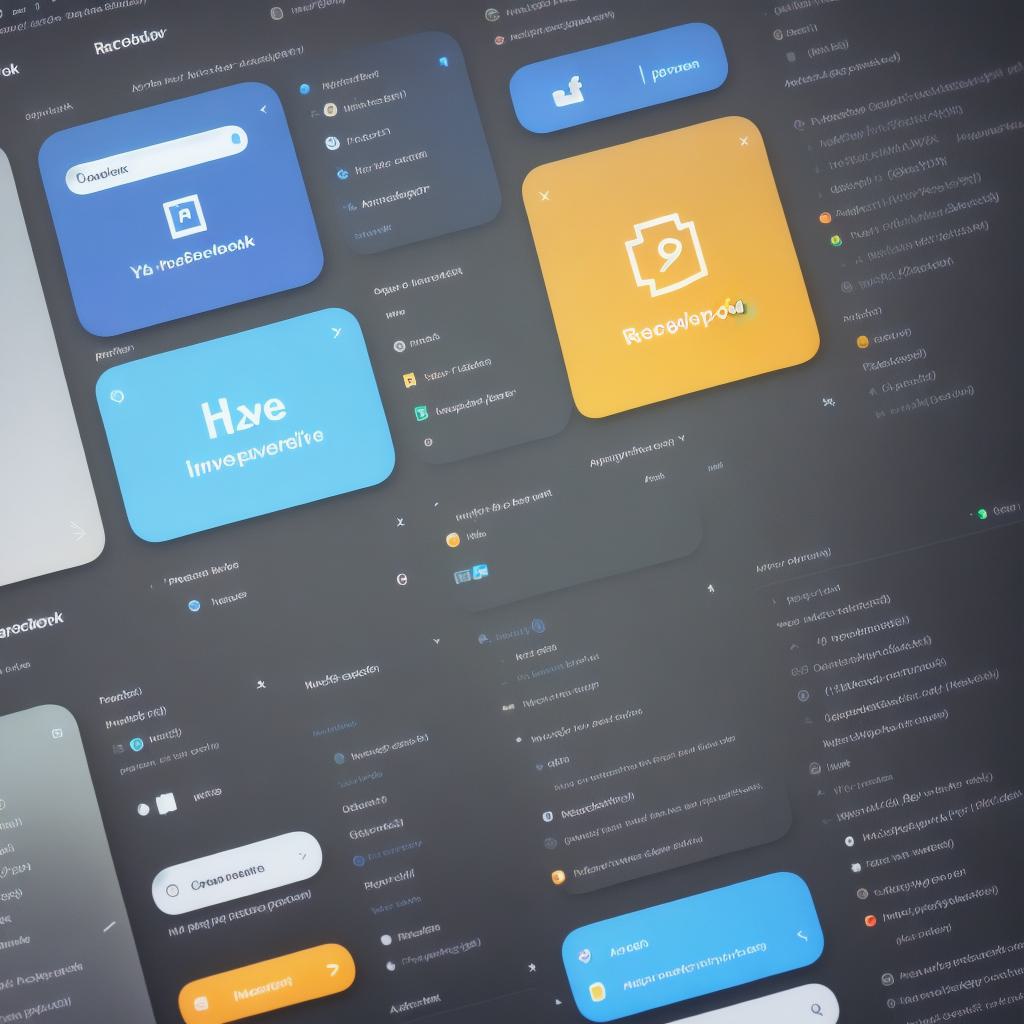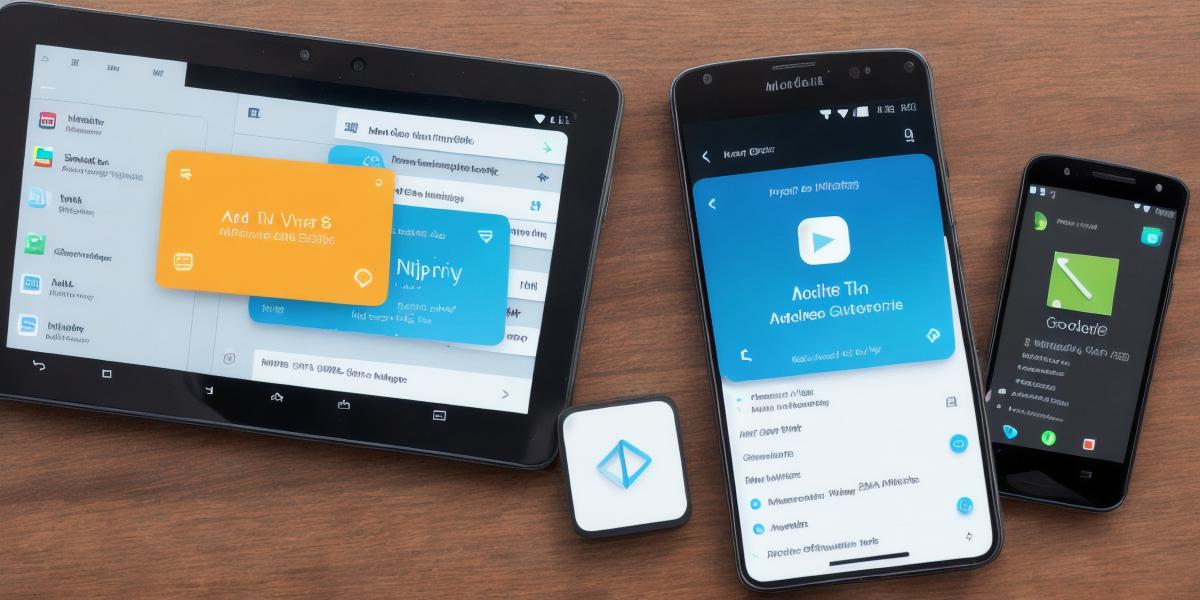Introduction:
Android is a powerful and popular operating system used by millions of people around the world. As such, it’s no surprise that there are many frameworks available to help developers create high-quality apps quickly and efficiently. In this article, we’ll take a look at the top 10 frameworks for Android development, along with their key features and benefits.
- React Native:
React Native is a popular cross-platform mobile development framework created by Facebook. It allows developers to build native apps using JavaScript and React, which can save time and resources compared to building separate apps for each platform. With React Native, you can create high-performance, visually appealing apps with minimal code.
- Flutter:
Flutter is another cross-platform development framework that uses the Dart programming language. It’s known for its speed and ease of use, allowing developers to quickly create professional-looking apps that run smoothly on both Android and iOS devices. Flutter also includes a range of built-in widgets and tools to help with app design and development.
- Angular:
Angular is a popular web framework that can also be used for mobile development. It’s known for its scalability and flexibility, making it a great choice for large and complex apps. With Angular, you can build high-performance, feature-rich apps with minimal code, thanks to its powerful data binding and dependency injection features.
- Ionic:
Ionic is a popular open-source framework for building hybrid mobile apps using web technologies like HTML, CSS, and JavaScript. It’s designed specifically for building Android and iOS apps, and includes a range of built-in tools and libraries to help with app development. With Ionic, you can create professional-looking apps that run smoothly on both platforms without having to write separate codebases.
- Xamarin:
Xamarin is a cross-platform development framework created by Microsoft that allows developers to build native apps using C and .NET. It’s known for its simplicity and ease of use, making it a great choice for developers who are already familiar with these technologies. With Xamarin, you can create high-performance, feature-rich apps that run smoothly on both Android and iOS devices without having to write separate codebases.
- Kivy:
Kivy is an open-source framework for building mobile and desktop apps using Python and C++. It’s known for its speed and flexibility, making it a great choice for developing high-performance, visually appealing apps. With Kivy, you can create apps that run smoothly on both Android and iOS devices without having to write separate codebases.
- PhoneGap:
PhoneGap is an open-source framework for building hybrid mobile apps using web technologies like HTML, CSS, and JavaScript. It’s designed specifically for building cross-platform apps, and includes a range of built-in tools and libraries to help with app development. With PhoneGap, you can create professional-looking apps that run smoothly on both Android and iOS devices without having to write separate codebases.

- Sencha Touch:
Sencha Touch is a popular open-source framework for building hybrid mobile apps using web technologies like HTML, CSS, and JavaScript. It’s known for its speed and ease of use, making it a great choice for developing high-performance, visually appealing apps. With Sencha Touch, you can create apps that run smoothly on both Android and iOS devices without having to write separate codebases.
- Maven:
Maven is a build automation tool used primarily for Java projects, but it can also be used for Android development.
